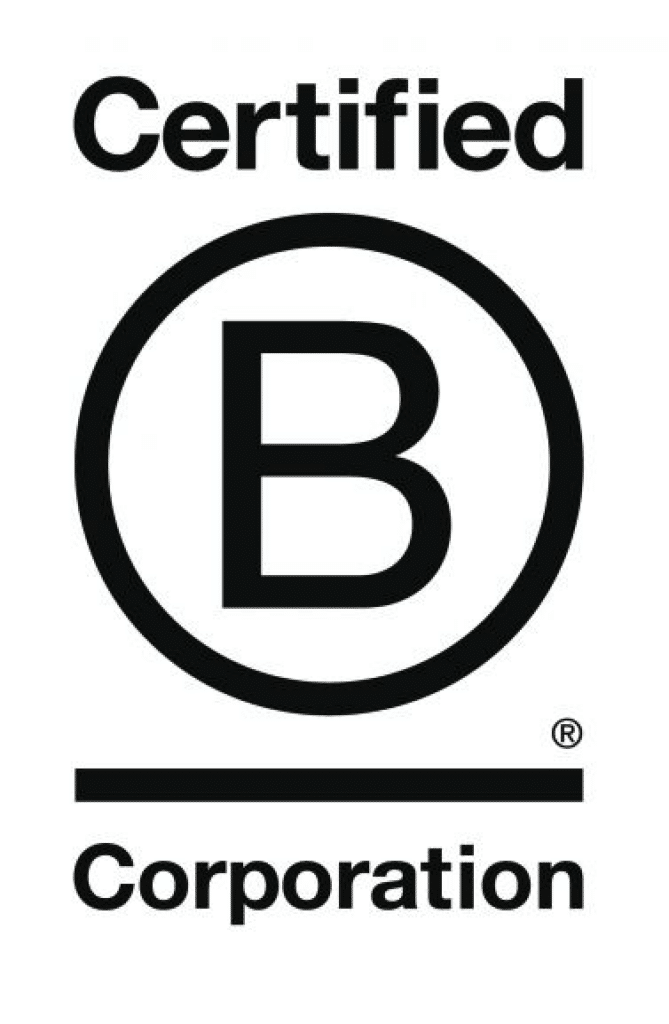Sustainability is a critical consideration that influences every aspect of our lives, shaping our habits, purchasing decisions, travel, and social interactions. Whether consciously or subconsciously, our choices must reflect a commitment to the health of our planet. Without this focus, climate change will continue to escalate, natural resources will dwindle, and ecosystems will suffer.
Embracing sustainable living is attainable with the right knowledge, education, and inspiration. Workplaces play a pivotal role in fostering this mindset. Research indicates that employees are increasingly aware of their employers’ sustainability records and are seeking access to sustainable resources.
According to PLAY’s Corporate Climate Crisis whitepaper, 77% of respondents desire greater transparency from their employers regarding environmental impact, while 43% believe that a company’s actions on sustainability influence their employment decisions. This growing demand underscores the importance of integrating greener practices into workplace culture.
How to Inspire Sustainability in the Workplace
- Cultivating a sustainable workplace culture: The culture of an organisation significantly impacts how employees communicate and engage with new initiatives. Employers who prioritise employee well-being and create a supportive, open environment are more likely to see receptiveness to sustainability efforts. Introducing sustainability starts with instilling new habits that become second nature. When management leads by example, employees are more inclined to follow suit. Encourage small changes, such as turning off monitors when not in use and recycling, alongside larger initiatives like optimising office space usage and scrutinising supply chains for sustainability.
- Empowering workplace champions: To drive sustainability efforts, clearly communicate your goals and outline how employees can contribute. Identify and empower passionate volunteers within your organisation who can serve as sustainability champions. These individuals can rally support, disseminate information, and foster a culture of sustainability throughout the workplace.
- Education and transparency: To cultivate a shared commitment to sustainability, transparency is vital. Provide employees with the information they need to make informed decisions. This is where education becomes essential. Knowledge sharing facilitates understanding, enabling employees to embrace sustainability initiatives more fully. Curate relevant sustainability news, focusing on workplace-centric measures, and present this information in an accessible format. Educate employees on the motives behind your sustainability actions, fostering a culture where everyone strives to work and live more sustainably.
- Engaging through awareness days: Utilise national events centred around sustainability to raise awareness and engage employees. Opportunities abound from Global Recycling Day to World Clean Up Day, each offering a chance to involve employees in meaningful activities. Consider organising company-wide challenges, charitable initiatives, or sponsorships of environmental organisations. Such engagement not only promotes sustainability but also strengthens team dynamics and builds a shared purpose among employees.
- Sustainable recruitment practices: As part of your commitment to sustainability, integrate sustainable hiring practices into your recruitment strategy. Here are some effective practices to consider:
- Green job descriptions: Write job postings that emphasise your company’s commitment to sustainability and outline specific expectations for eco-friendly practices.
- Sustainable Interview practices: Conduct virtual interviews to reduce travel emissions, or choose venues that prioritise sustainability for in-person meetings.
- Diversity and Inclusion Initiatives: Promote diversity in your hiring practices, recognising that diverse teams can drive innovative sustainability solutions.
- Sustainable onboarding: Provide training for new hires on the company’s sustainability policies, encouraging immediate contributions to sustainability goals.
- Carbon footprint assessment: Evaluate the environmental impact of your hiring processes and seek to optimise them.
- Community engagement: Partner with local organisations focusing on sustainability to source aligned candidates.
- Promoting remote work: Offer flexible work arrangements to reduce commuting emissions and attract talent seeking sustainable options.
A sustainable business model benefits stakeholders, employees, and customers alike. Dedicate time and resources to educate your staff on making smarter decisions that protect the planet. By embedding sustainability into your culture and recruitment practices, you can create a more resilient and responsible organisation.
This blog is a guest post from Karl Hodson, a business finance expert dedicated to fuelling the growth of UK companies. Karl advises business owners on the wide range of financial products available to boost cash flow, fund purchases, and invest.


